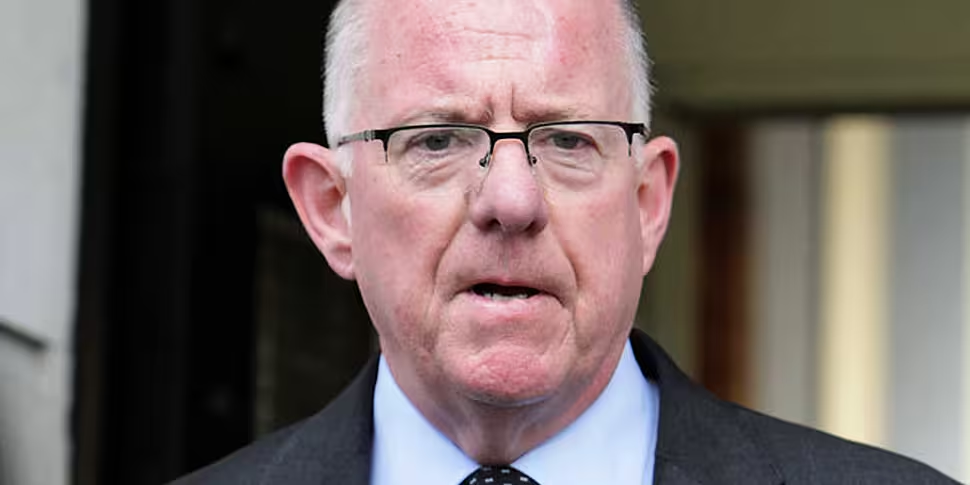The reintroduction of a hard border on the island of Ireland cannot be ruled out as Britain prepares to leave the EU, Minister for Foreign Affairs Charlie Flanagan has said.
British Prime Minister Theresa May revealed yesterday that Article 50 will be triggered by the end of March, beginning the two-year countdown to the UK's departure.
In an interview with Newstalk Breakfast, Mr Flanagan said the possible reimposition of a border between Northern Ireland and the Republic was a "matter of grave concern" to the government.
He said he had impressed upon his EU colleagues the "unique situation" in Ireland and "the fact that we cannot go back to the old days of a heavily fortified border".
UK ministers Boris Johnson, David Davis and James Brokenshire have expressed an "understanding" of the Irish government’s position, he added.
"I’m not discouraged by what I’m hearing…They don’t want a return to the borders of the past," he said of his discussions with British lawmakers.
Negotiating priorities
Brexit secretary David Davis insisted last month that the UK shared the Republic's view on border checks.
In an article for the Belfast Telegraph, he wrote: "We had a common travel area between the UK and the Republic of Ireland many years before either country was a member of the European Union.
"We are clear we do not want a hard border - no return to the past - and no unnecessary barriers to trade."
Mr Flanagan nonetheless cautioned that a more visible border may still be have to be put in place by 2019.
"That scenario cannot be ruled out," he told Newstalk Breakfast.
However, the Fine Gael minister welcomed the "clarity" provided by Mrs May’s announcement.
"What we need to do now is move on to see precisely what the UK negotiating priorities will be," he said.
"I look forward to information on that over the next few weeks and months."
He added: "The border isn’t something that’s going to be decided by the UK government.
"It’s going to ultimately be decided by the 27 remaining EU states."
'No ifs, no buts'
Meanwhile, British Chancellor Philip Hammond has warned people did not vote to leave the EU "to become poorer, or less secure".
Speaking at the Conservative party conference, Mr Hammond restated his government's "no ifs, no buts" position that the UK would break from Brussels following the referendum vote.
But while acknowledging the need to restore sovereignty and control of Britain's borders, he stressed the importance of safeguarding the economy, jobs and living standards.
Warning over the "turbulence" faced by the UK in the wake of the Brexit vote, Mr Hammond outlined a series of measures aimed at bolstering the economy.
He was speaking as the value of the pound tumbled against the dollar after Mrs May's announcement.
Mr Hammond said the result of the June referendum "gave clear voice to a desire by the British people for an end to political union and a restoration of control".
He said: "No ifs, no buts, no second referendums. We are leaving the European Union.
"But it is equally clear to me that the British people did not vote on June 23 to become poorer, or less secure."
The chancellor added: "So our task is clear: repatriate our sovereignty; control our borders; and seize the opportunities that the wider world has to offer.. but do all of this while protecting our economy, our jobs and our living standards."









